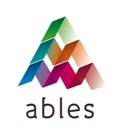Learning and Wellbeing
Learning
Melton Specialist School provides high quality instruction and learning programs with the aim to provide every child the opportunity to develop to his/her maximum potential in a supportive yet challenging environment. Setting high expectations and standards, collaboratively sharing great practice and ongoing professional learning for all staff helps to develop consistent approaches and innovative practices.
Teachers at Melton Specialist School strive to meet the individual learning needs of all students by considering the knowledge, interests and abilities students bring to a learning context, the key skills and content of the area being taught, how the students will be organised for learning (individual, cooperative groups, interest) and the ongoing assessment strategies that help inform the teaching and learning cycle.
Through explicit teaching of learning, the utilisation of inquiry techniques, using student’s interests, ideas and passions and providing a safe and secure learning environment which encourages risk taking and creative thinking, we are able engage students in their learning.
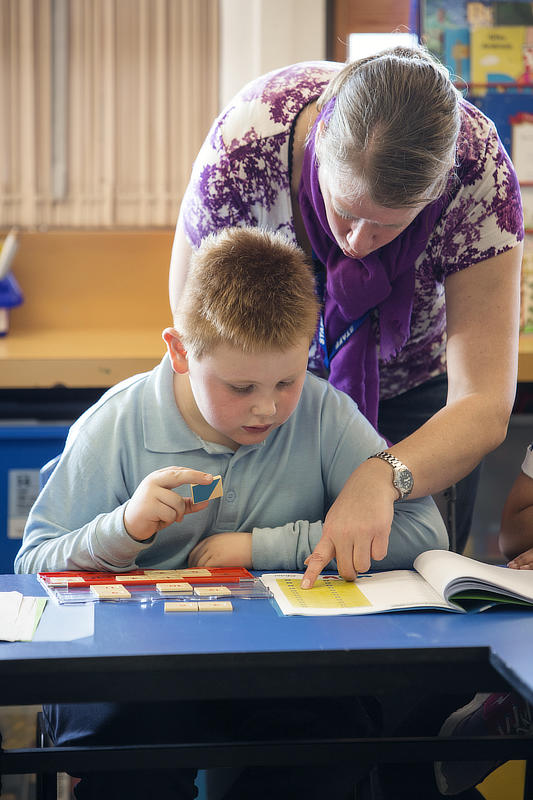
SWPBS
School-wide Positive Behaviour Support (SWPBS) is an evidence-based framework for preventing and responding to student behaviour. It aims to create a positive school climate, a culture of student competence and an open, responsive management system for all school community members. It includes analysis of data in professional learning teams, implementation of evidence based practices and organisational systems for establishing safe, purposeful and inclusive school and classroom learning environments while providing the individual behaviour and learning supports needed to achieve academic and social success for all students.
Our school’s chosen Positive Behaviour Support standards are Be Respectful, Be Responsible and Be Safe. The standards are colour coded and have characters associated with them to help students of all abilities recognise and remember what they are and why they are important for our school community.
Curriculum
Students in our schools learn English, Mathematics, Science, Humanities, Health & Physical Education, the Arts and Information and Communications Technology (ICT). They also participate in Life Skills programs and activities based on their individual needs.
The Abilities Based Learning and Education Support (ABLES) program supports the teaching and learning of students with disabilities and additional needs. It provides a suite of curriculum, pedagogy, assessment and reporting resources that assist teachers in recognising and responding to the diverse learning needs of all students, and in assessing and reporting student learning, monitoring student progress and providing accurate intervention advice.
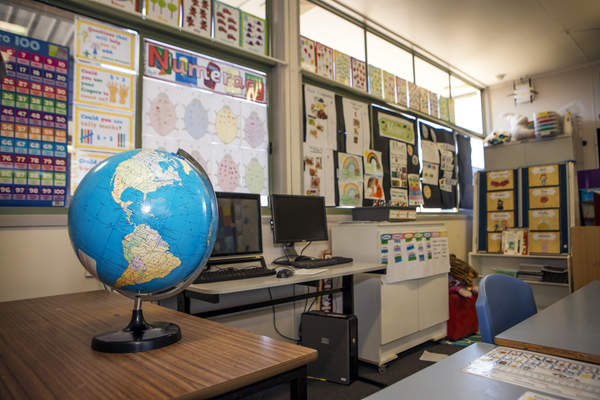
The AusVELS curriculum was the initial incorporation of the Australian Curriculum areas of English, Mathematics, History and Science into the Victorian Essential Learning Standards (VELS). The AusVELS curriculum will continue to be available until December 2016.
Specialist Programs
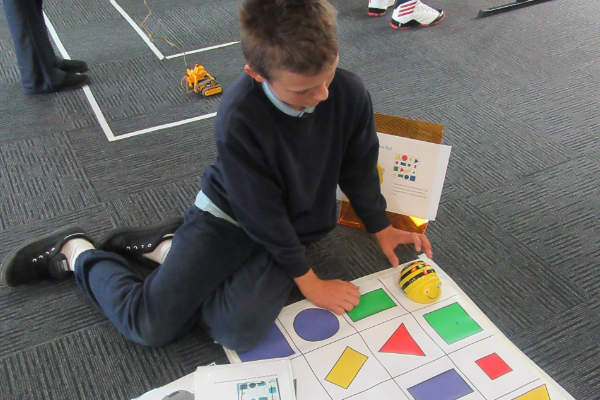
Science
The science curriculum provides students with understanding, knowledge and skills through which they can develop a scientific view of the world. Students are challenged to explore science, its concepts, nature and uses through clearly described inquiry processes. In the practice of science, the three strands of Science Understanding, Science as a Human Endeavour and Science Inquiry Skills are closely integrated. Students will recognise how science understanding can be applied to their lives and the lives of others. As students develop a more sophisticated understanding of the knowledge and skills of science they are increasingly able to appreciate the role of science in society.
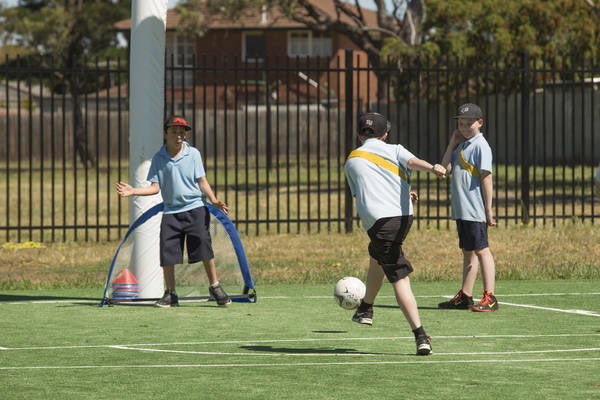
Physical Education
The Health and Physical Education domain provides students with knowledge, skills and behaviours to enable them to achieve a degree of autonomy in developing and maintaining their physical, mental, social and emotional health. This domain focuses on the importance of a healthy lifestyle and physical activity in the lives of individuals and groups in our society. Engaging in physical activity, games, sport and outdoor recreation contributes to a sense of community and social connectedness. These are vital components of improved wellbeing.
Students’ involvement in physical activity can take many forms, ranging from individual, non-competitive activity through to competitive team games. Emphasis is placed on combining motor skills and tactical knowledge to improve individual and team performance. Students progress from the development of basic motor skills to the performance of complex movement patterns that form part of team games. They learn how developing physical capacity in areas such as strength, flexibility and endurance is related to both fitness and physical performance.
Students progress from learning simple rules and procedures to enable them to participate in movement and physical activity safely, to using equipment safely and confidently.
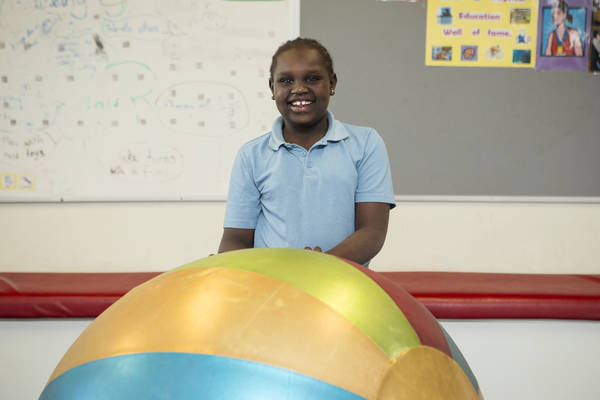
Perpetual Motor Program (PMP)
Students perform basic motor skills and movement patterns, with or without equipment, in a range of environments. They regularly engage in periods of moderate to vigorous physical activity. They use simple vocabulary to describe movement, the physical responses of their bodies to activity and their feelings about participation in physical activity. When participating in movement and physical activities, they follow rules and procedures and share equipment and space safely.
Students engage in a variety of physical activities on their own and with their peers, with and without equipment, and in a range of environments (indoor, outdoor and aquatic). They begin to develop basic motor skills such as running, hopping, jumping, skipping, catching, throwing, kicking, rolling, balancing, twisting and turning. Through a range of activities, such as dance, gymnastics and games, students progressively gain control of their movements in personal and general space, while stationary and moving.
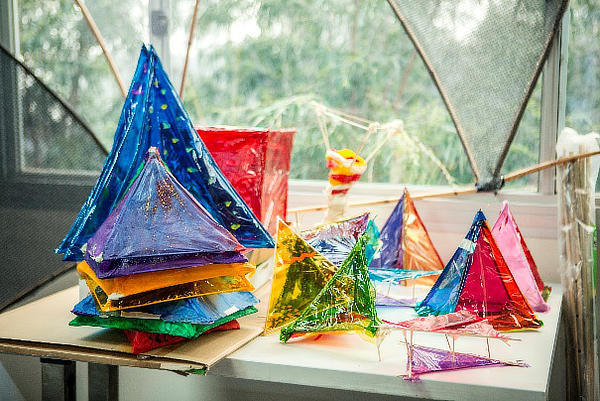
Visual Arts
The Arts encourage the development of skills and the exploration of technologies, forms and processes through single and multimodal forms. They fuel the exploration of ideas that cross the gamut of human emotions and moods through holistic learning using cognitive, emotional, sensory, aesthetic, kinaesthetic and physical fields. Students make and share visual artworks that represent their observations, personal ideas, feelings and experiences. With guidance, they explore a variety of arts elements, skills, techniques and processes, media, materials and equipment in a range of art forms. They also learn how to talk about their own artworks and the art and events in their community.
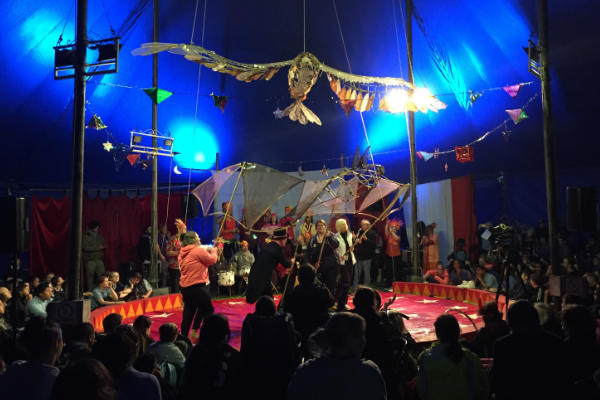
Performing Arts
Performing Arts focuses on ideas, skills, techniques, processes, performances and presentations. It includes engagement in concepts that emerge from a range of starting points and stimuli. Students explore experiences, ideas, feelings and understandings through making, interpreting, performing, creating and presenting. They experience and respond to a range of musical sounds, including live and recorded music, demonstrate interest in sound patterns and musical pieces. Students will participate in simple dance activity and perform a simple dance. They will participate in simple drama activities and use gesture, sound and facial expressions to communicate a character’s feelings. They will learn to copy rhythms and basic music patterns and respond to changes in rhythm and tempo when moving to music.
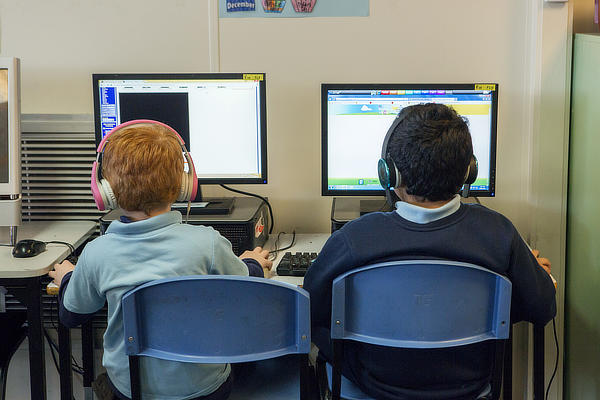
Information and Communication Technology (ICT)
Learning with digital technologies helps students develop an awareness of the ways they use, and learn with, digital systems (hardware and software). They use different systems for different purposes – such as taking a photo of a relative with one device or program, and recording information about them with another. This could involve practises like uploading, downloading, saving files and using software to manipulate text, sound and images.
Students use digital systems to record and organise different pieces of information (data). They use tools like sorting and colouring to find patterns in the data. They experiment with ways to represent the data, using different programs to create graphs, slideshows, multimedia and more.
Students learn that an algorithm is made up of a sequence of steps and that it solves a problem. Students look at examples from their everyday lives – such as the process of making a sandwich – to help them understand algorithms. They may experiment with programming robotic devices to undertake simple tasks.
Students describe how digital and information systems meet our needs. Through discussion with teachers, students learn to apply safe and ethical practices to protect themselves and others as they interact online for learning and communicating.
Learning with digital technologies is frequently integrated into other subjects.
Student Support Group Meetings
Student Support Group(SSG) meetings are held regularly and focus on educational planning for your child and monitoring of their progress. The composition of the Student Support Group generally consists of the parent/caregiver, teacher and principal or nominee. The Student Support Group may also invite input from any other person with knowledge of your child or with information relevant to the educational or social needs of your child.
It is the responsibility of the Student Support Group to identify your child’s needs and develop an Individual Learning Plan(ILP) in consultation with your child’s teachers and identify supports to deliver the learning plan. Review and evaluation your child’s program is carried our regularly and at other times if requested by any member of the group.
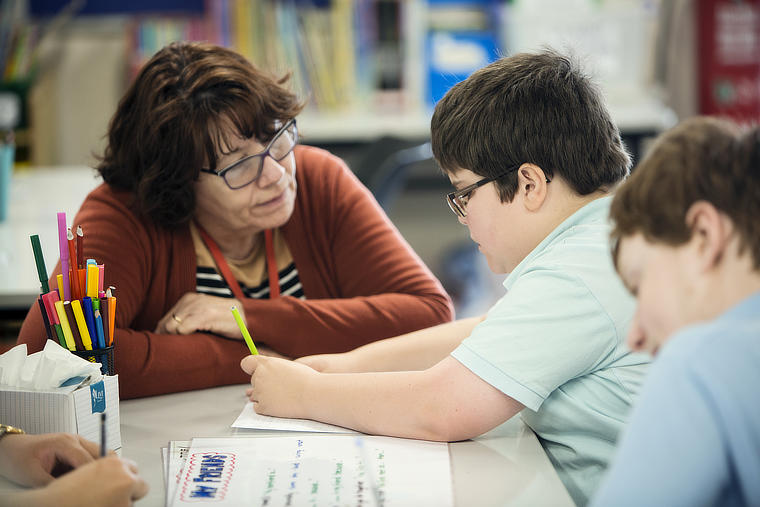
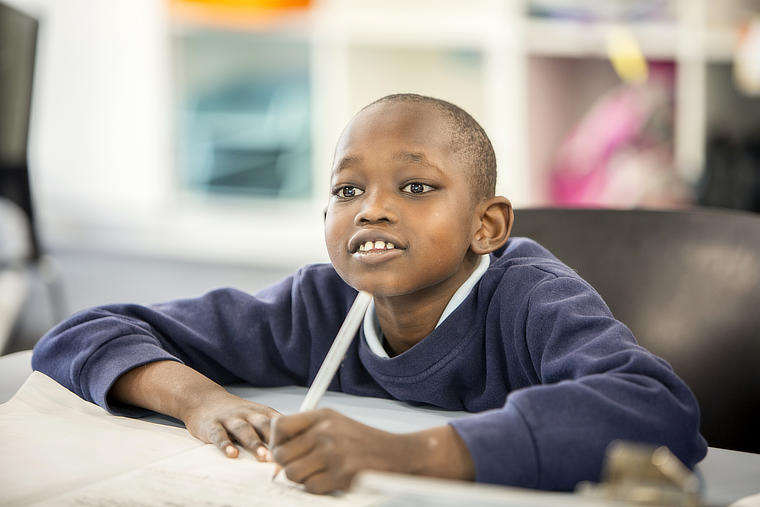
Individual Learning Plans
The Individual Learning Plan(ILP) is a working document which describes the student’s current skills at the beginning of the academic year and then sets out learning goals. It is regularly reviewed, adjusted and adapted as progress towards goals is made. ILP goals describe social skills and learning behaviours which will make it possible for the student to access curriculum learning.
The goals are based on thorough assessment of the student’s needs and abilities, so that the program is as appropriate as possible. Teachers assess core skills which support learning and engagement. Members of the Student Support Group work together to identify goals for the student to work towards in the long and short term. They may need to be broken down into achievable steps, with each step forming a goal for a current or future learning plan.
Extra-Curricular Opportunities
A range of activities or programs are offered to enhance student’s experiences at school.
Some of the extra-curricular activities include, but are not limited to…
- Lunch time clubs – dance, Lego, robotics, craft, cars, relaxation, Art
- Peer Mediator Program
- Social Skills Groups
- CyberSmart Programs
- Bulling Awareness Programs
- Scholastic Book Club
- Sustainability Programs
- Student Representative Council
- Performing Arts Workshops
- Incursions
- Excursions
Interschool Sport
Our school participates in a variety of interschool sport competitions throughout the school year. Interschool Sport provides students with an opportunity to develop and refine their skills in particular sports. Students enjoy participating in interschool sport as they develop the valuable life skills of ‘fair play’, sporting etiquette and sportsmanship.
Camping Program
Our students have a variety of opportunities to access a camping program which involves several organisations and destination.
Blackwood
Blackwood Special Schools Outdoor Education Centre Inc. is a destination exclusively for students from Victorian Special Schools, where they are given every opportunity to laugh, live, learn and have fun through outdoor adventure-based programs.
Surrounded by the stunning Wombat State Forest the Centre was established in 1970 and provides the ideal setting for adventure, environmental, creative and developmental programs aimed at extending the abilities of students with special needs. The layout of the Centre complements and utilises the natural beauty of the property to provide a variety of activity sites designed to challenge students both individually, and, within a team environment to further their personal, emotional, social and physical development.
Alpine Ride
Selected students enjoy a challenging 100km ride along Australia’s premier Rail Trail, the scenic Murray to the Mountains Rail Trail. Held in March every year students enjoy camping, riding and the opportunity to socialise with students from many Victorian Specialist Schools.
Super 40 Ride
Selected students travel to the campgrounds and stay in tents where they challenge themselves with a 40 km ride through the stunning Wombat State Forest. Bikes are supplied by the school and training is carried out in the weeks leading up to the camp.
Camp Getaway
Held in November every year, selected students enjoy the opportunity to enjoy the fun at the Axdale campgrounds and discover some of Bendigo’s attractions. Camp Getaway is a continuing project of the combined Rotary Clubs of District 9800.
Life Skills Program
During the term students have the opportunity to plan, cook, prepare and share a meal during class time. Students will choose a recipe to follow and develop a shopping list with all the required ingredients. This component of the program incorporates literacy, mathematics and budgeting into the activity.
The class group will then travel to the Woodgrove Shopping centre to do their shopping at the supermarket. While travelling by foot to the nearby shopping centre students learn some essential road safety rules and develop travel training skills.
Upon returning from their shopping trip they stow their purchases correctly following good food hygiene and safety practices. The students will participate in the preparation of the ingredients and follow the instructions of their selected recipe, all the while learning about cooking safety and correct food handling practices.
After the meal has been prepared, the class group are seated together to enjoy their meal in an engaging social atmosphere to practice their table manners and housekeeping responsibilities.
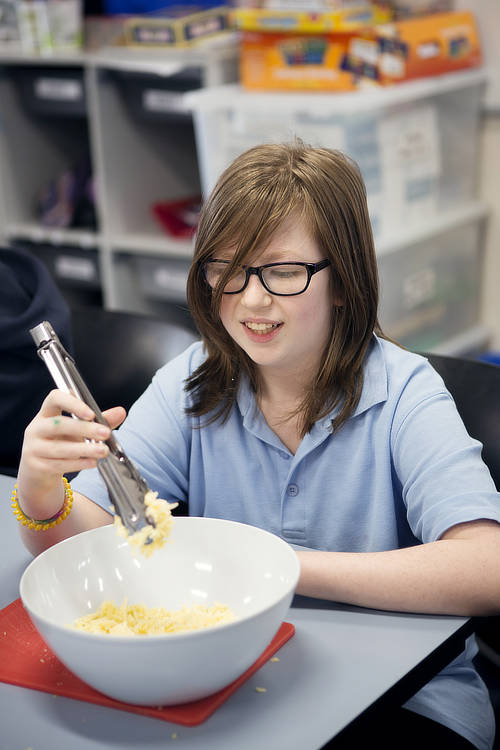
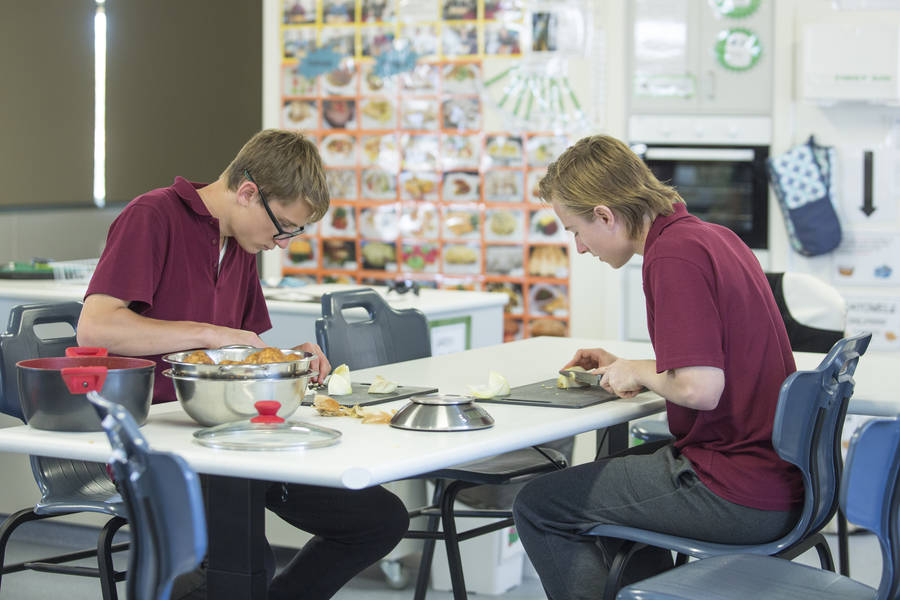
Electives
In the upper secondary years students are able to explore and select specialist subjects that allow them to begin intensive development of the skills they will need for future vocations. They also have the opportunity to participate in workshops to develop their resumes and go on work experience placements. Staff support students through a travel training program that familiarises students with the use of public transport to help foster their increasing independence and confidence. It is an exciting time in your child’s transition to young adulthood and there is an increase in responsibilities within the school to take on leading peer roles and volunteer in the local community.
VCAL Program
VCAL is a hands-on option for Year 11 and 12 students, offering practical work-related experience and literacy and numeracy skills. Like the VCE (Victorian Certificate of Education), VCAL is an accredited secondary school certificate which is also offered at TAFE (Technical and Further Education) institutes and a number of Learn Local organisations.
Students can do VCAL in Year 11 or 12, with the option of doing a part-time apprenticeship or traineeship at the same time. Students who complete VCAL have several career options, including transferring to VCE, studying at TAFE, doing an apprenticeship or traineeship or starting a job once school has finished.
VCAL students can choose studies from accredited modules within the following four compulsory strands:
literacy and numeracy skills
Each VCAL program includes literacy and numeracy subjects selected from VCAL units, VCE units or other further education studies.
industry-specific skills
Each VCAL program at the intermediate and senior level includes studies from nationally recognised vocational education and training (VET) programs. Students can also do a school-based apprenticeship as part of VCAL.
work-related skills
Each VCAL program includes work-related skills to make students employable. Students can do a structured work placement, a school-based apprenticeship or part-time work as part of VCAL.
personal development skills
Each VCAL program includes projects and activities in students’ community or school to help them develop teamwork skills, self-confidence and other skills important for life and work.
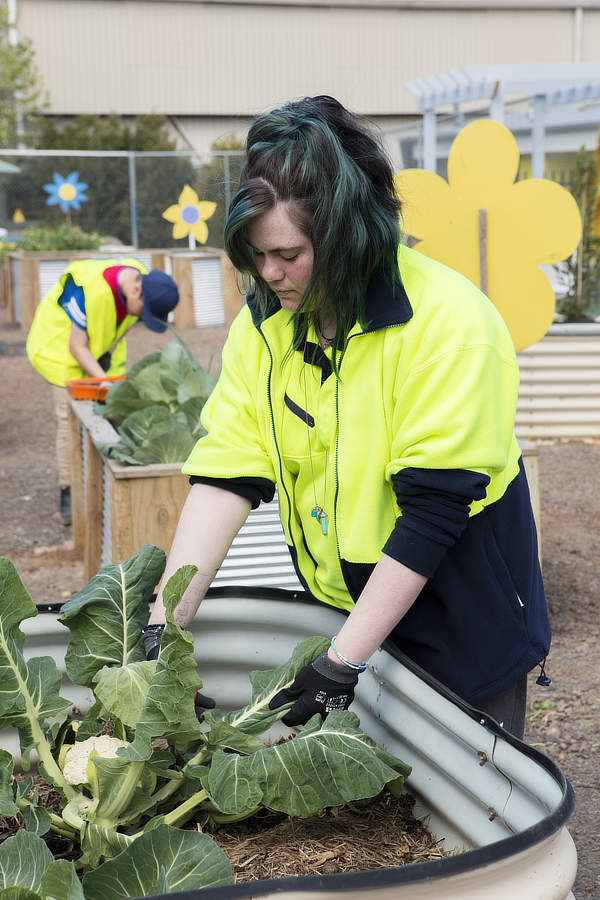
If students successfully complete their learning program they will receive a VCAL certificate for foundation, intermediate or senior level, depending on the level they chose to complete. They will also receive a statement of results, listing all VCE and VCAL units successfully completed as part of their course, and a statement of attainment for VET or further education courses.
Our school offers:
- HOSPITALITY
- HORTICULTURE
- WOODWORK
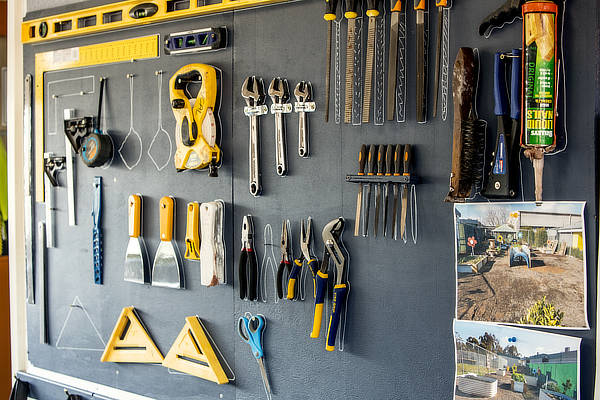
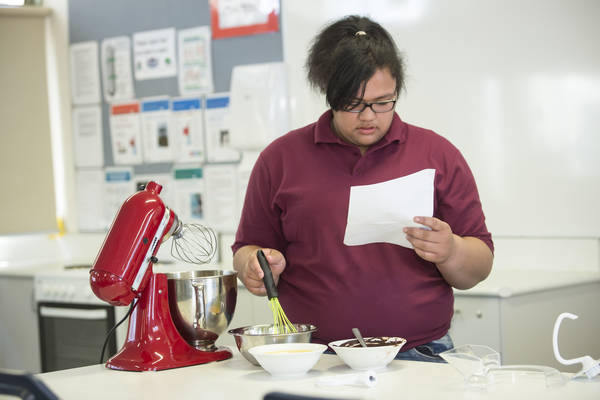
ASDAN Program
The ASDAN curriculum programmes and qualifications to equip learners to thrive in 21st Century education, work and life.
ASDAN programmes and qualifications are widely recognised by educators for providing an engaging curriculum that empowers students through personalised learning and choice. Our courses motivate and enhance learners’ confidence, self-esteem and resilience. In addition, learners develop core skills in teamwork, communication, problem solving, research and self-management
Vocational Pathways Development
Vocational learning is delivered within the broader curriculum and includes access to experiential learning delivered in live or simulated work places and career education. Through vocational learning secondary students can explore the world of work, identify career options, and plan their senior secondary education and training and tertiary education options.
Vocational programs at our school enable students to actively pursue their chosen education, training and employment pathways.
Vocational pathways enable students to:
- explore options and help them make informed decisions about their future
- learn and experience work related skills
- complete dual certification for SACE and nationally accredited training competencies
- gain vocational qualifications for further study and employment
- form a better understanding of the requirements of the workplace.
Our school has these and many more options to explore while developing a vocational pathway with our Careers Leader:
- Melton Network Schools VET Programs
- TAFE Tasters Program
- Traineeship at Australian Community Logistics
- Work experience
- Career expos and workshops
- Day Service Programs

